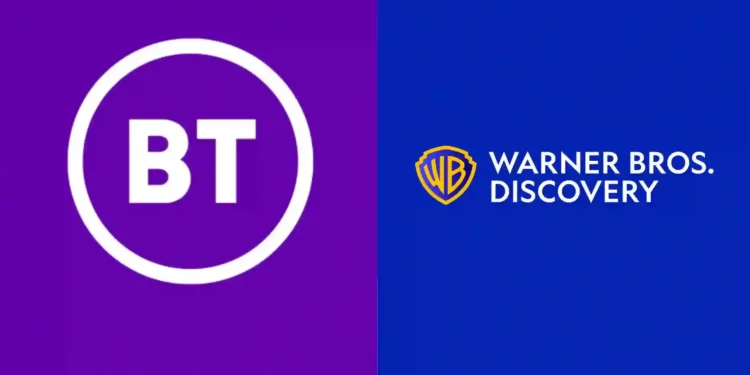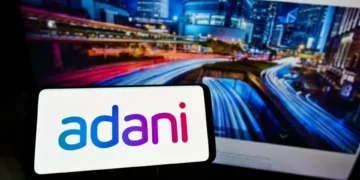BT has signed a deal with major US media house, Warner Bros Discovery, to form a joint venture pay TV sport business. The venture seeks to bring together rights to sports which include the Champions League, the Premier League and The Olympics. The revenue from this alone could be worth almost GBP633 million to the telecom operator.
Earlier this year, in February, British Telecom (BT) commenced exclusive talks with Eurosport (now owned by Discovery), a channel that broadcasts a huge range of sports including cycling and tennis, and also holds the Pan-European rights to the Olympics in the United Kingdom.
Philip Jansen, Chief Executive Officer of British Telecom, said that the company has finalised the joint venture with Warner Bros Discovery to enhance its content offering to customers, thereby aligning the business with a new global content powerhouse.
The terms of the equal rights joint venture, to be operated by Warner Bros Discovery, state that BT will receive a payment of GBP93 million payable in instalments over three years, after completion of the venture.
British Telecom will also receive up to GBP540 million, based on the performance of the venture over a period of four years. This payment may take place if either if the performance cap is hit, or if Warner Bros Discovery makes a call option to take full control of the venture.
Chief Executive of WBD’s global streaming and interactive businesses, JB Perrette, stated that the intention of the company was to buy out BT’s stake at some stage.
The companies jointly stated that both BT Sport and the Eurosport brands would continue to operate in the UK initially, and would then be brought together under a single umbrella in the future.
Andrew Georgiou, president and Managing Director of WBD Sports Europe, said that the company’s growing portfolio of premium entertainment content assured customers a richer content proposition, thereby bringing sport to a broader entertainment audience.
BT announces positive financial results
In an announcement of full year results, BT reported a 2 percent decline in revenue to GBP20.8 billion, while profits increased by 9 percent to GBP1.96 billion for the financial year ending March.
So far, the increase in prices for phone, broadband and TV which came into effect on 1 April, had not yet had any impact on subscription cancellation from customers, said Jansen in a statement.
He added that churn was at a record low, mentioning that what drives churn is value for money propositions and pricing. He further said that adding additional benefits and bundling services for customers was working. Mentioning that the company was not complacent, he said that the offerings from the company to customers seemed to be hitting the mark.
BT has spent billions in acquiring sports rights to drive the growth of its channel BT Sports, since its decade-old launch. The launch was made to avert the loss of millions of customers to rival Sky, which offered customers a range of offers, bundling Internet connectivity with entertainment and sport programming content. BT has raised its cost savings target by GBP500 million to GBP2.5 billion by the end of 2025.
Although it now has a few million customers and posts a relatively small profit, the business succeeded in what it set out to achieve. The company is now focused on plans to launch next generation broadband and 5G mobile networks across the UK, as part of its GBP15 billion expansion plans.
Marc Allera, Chief Executive of Consumer Operations for BT, said that as a global sports entertainment broadcaster, WBD was the perfect partner for the company to achieve its next stage of growth.
BT had to seek clearance from the Champions League and The Premier League to facilitate the change in ownership. The company has also created a reciprocal channel content supply deal with Sky, which would be crucial to its sports broadcasting business, until 2030.


















